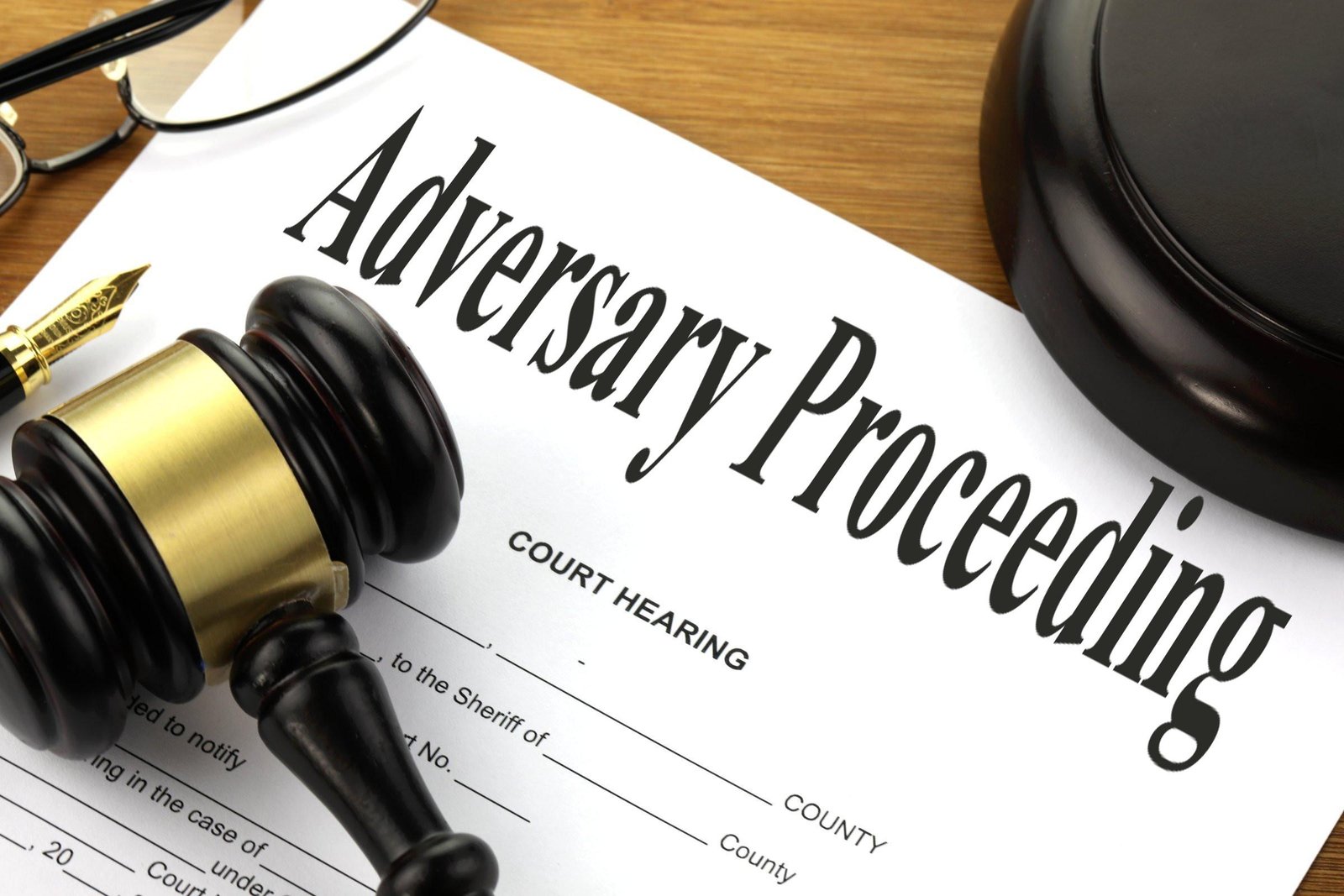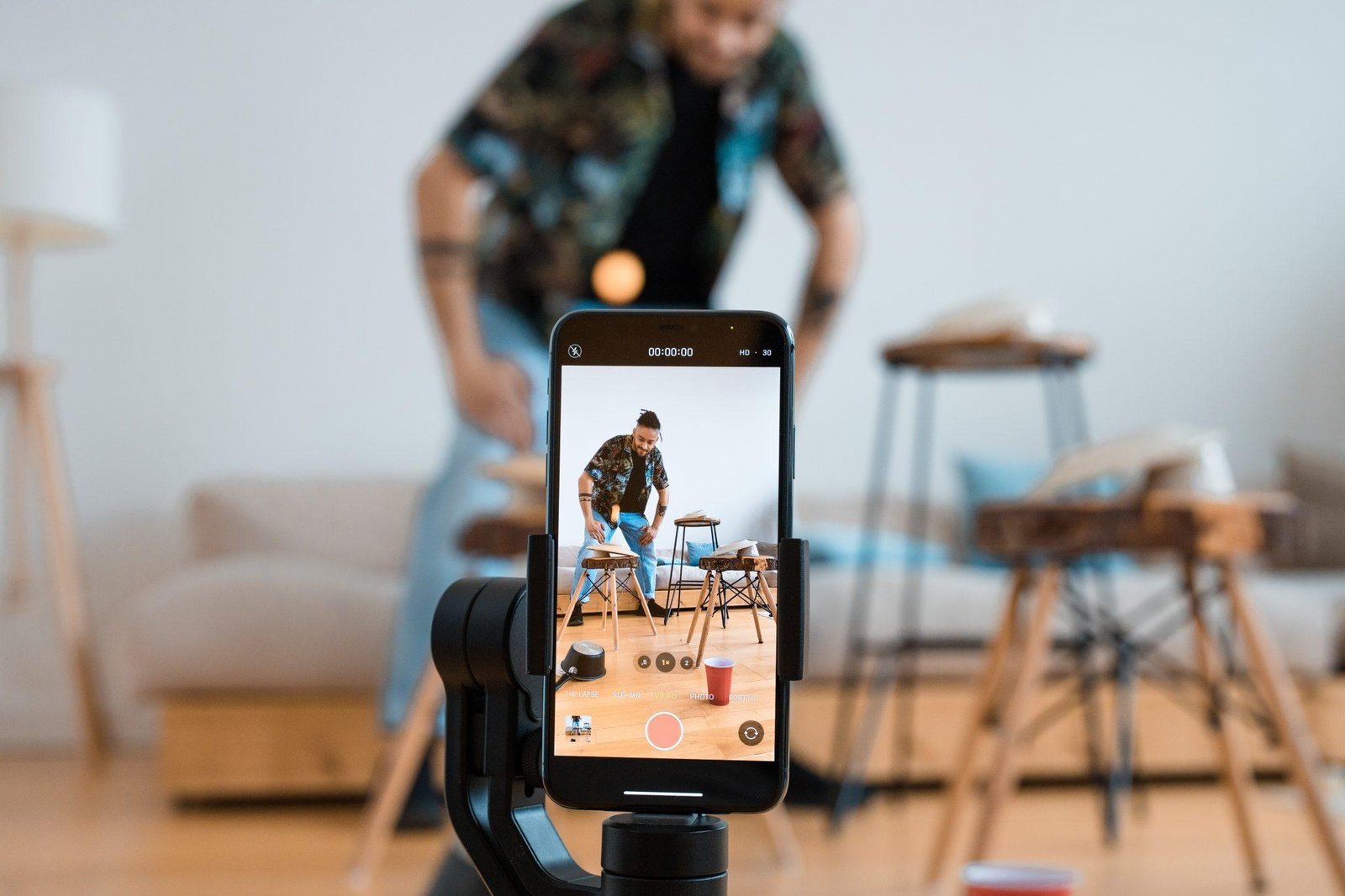In an age where transparency and accountability are paramount, the courtroom has embraced the digital frontier, allowing audiences to witness the intricacies of the judicial process from the comfort of their own homes. This week, the Brevard County Jail Complex opens its virtual doors as it presents ”WATCH LIVE: Court Is Now In Session.” Through this unique initiative, the public is invited to engage with the legal proceedings unfolding within its walls, highlighting the intersection of justice and technology. As cases are heard and decisions rendered, viewers will gain insight into the workings of the legal system, fostering a deeper understanding of the issues at stake. Join us as we explore this innovative approach to court proceedings and consider what it means for the future of public legal discourse.
Exploring the Dynamics of Live Court Sessions from Brevard County Jail Complex
Immersing oneself in the world of live court sessions offers a unique glimpse into the intersection of justice and humanity. From the Brevard County Jail Complex, these proceedings unfold in real-time, allowing audiences to witness the complexities of the legal system firsthand. As cases are presented, participants ranging from defense attorneys to prosecutors engage in an intricate dance, navigating through evidence, testimonies, and legal arguments. Observers can expect to see:
- Real-time legal strategies
- Emotional testimonies
- Judges’ rulings that shape the course of justice
- The impact of community on individual cases
Each session is a reminder that behind every case lies a personal story, affected not only by the law but also by societal structures. The transparency of live streaming promotes accountability and educates the public on the judicial process, enabling a deeper understanding of the implications these sessions have on individuals and society at large. To further highlight the breadth of cases handled, a simple overview table below illustrates the types of cases currently in session at the Brevard County Jail Complex:
| Case Type | Number of Cases | Status |
|---|---|---|
| Criminal Defense | 8 | Ongoing |
| Traffic Violations | 5 | Resolved |
| Drug Offenses | 3 | Pending |
| Domestic Issues | 4 | Ongoing |

Understanding the Legal Proceedings: What to Expect During the Broadcast
As the court session unfolds, viewers can anticipate a structured environment where the legal process takes center stage. The proceedings will include various stages, each crucial to the case at hand. Key moments typically involve:
- Opening statements: Each party presents an overview of their arguments and evidence.
- Witness testimonies: Witnesses may be called to provide their accounts, which can be pivotal.
- Cross-examinations: Lawyers from both sides will challenge the validity and reliability of witnesses’ statements.
- Closing arguments: Each side summarizes their case and attempts to persuade the judge or jury.
It’s essential to remember that courtroom etiquette and legal protocols dictate the proceedings. Participants will be expected to maintain decorum, which contributes to the serious nature of the environment. Here’s a brief overview of typical participants:
| Participant | Role |
|---|---|
| Judge | Presides over the court, ensuring proceedings are fair and orderly. |
| Prosecutor | Represents the state and presents evidence against the defendant. |
| Defense Attorney | Defends the accused, challenging the prosecution’s evidence. |
| Defendant | The individual charged with the crime, who has the right to defend themselves. |
Behind the Scenes: Technology and Accessibility in Live Court Coverage
Live court coverage is revolutionized through the innovative integration of technology, enhancing not only transparency but also accessibility for the wider public. Courts are beginning to utilize advanced streaming platforms that allow audiences to witness proceedings from the comfort of their homes. This is achieved through a robust setup that typically includes high-definition video cameras, streaming software, and a reliable internet connection. Moreover, the inclusion of real-time captioning and audio descriptions caters to individuals with hearing and visual impairments, ensuring that justice is served to all members of the community.
Behind this digital transformation lies a commitment to uphold both judicial integrity and public engagement. The tools enabling this shift can be categorized into several key areas:
- Video Conferencing: Platforms that allow remote participation for attorneys, witnesses, and even jurors.
- Digital Evidence Management: Systems that streamline the presentation of evidence in a clear and organized manner.
- Online Access to Court Documents: Electronic filing systems that provide easier access to case filings and court schedules.
| Technology | Impact on Accessibility |
|---|---|
| Live Streaming | Increases transparency and public monitoring |
| Captioning Services | Supports individuals with hearing impairments |
| Remote Testimony Tools | Facilitates participation of witnesses from distant locations |

Navigating Viewer Responsibilities and Ethical Considerations During Live Streamed Trials
As we tune in to live-streamed trials from the Brevard County Jail Complex, it’s essential to understand the role and impact of our viewership. Engaging with these proceedings carries a weight of responsibility, not only as consumers of information but also as participants in the broader justice dialogue. Viewers must be conscious of the potential consequences of their observations, both for the individuals involved in the trial and for the judicial process itself. Considerations include:
- Respect for Participants: Every individual in the courtroom—defendants, witnesses, jurors, and judges—deserves respect and dignity.
- Sharing Information: Be mindful of how you share trial information on social media. Misinformation can harm reputations and skew public perception.
- Focus on the Proceedings: While it may be tempting to critique or comment, prioritize understanding and observing the legal processes at play.
Moreover, ethical viewing extends to being aware of the broader societal implications of these trials. Live streams foster a sense of immediacy and connection, yet they may also sensationalize cases and lead to public judgment before the legal process has concluded. The following table outlines key ethical viewer practices that ensure the integrity of the judicial system:
| Ethical Practices | Description |
|---|---|
| Educate Yourself | Understand the legal terms and procedures to avoid misinterpretation. |
| Exercise Empathy | Recognize the human lives behind the legal narratives. |
| Avoid Judgment | Refrain from forming opinions until all evidence has been presented. |
Q&A
Q&A: WATCH LIVE: Court Is Now In Session From the Brevard County Jail Complex
Q1: What is the purpose of the live court session from the Brevard County Jail Complex?
A1: The live court session aims to provide transparency and accessibility to the judicial process by allowing the public to observe court proceedings that take place within the Brevard County Jail Complex. This initiative underscores the commitment to ensuring that justice is not only served but also seen.
Q2: How can I watch the court proceedings?
A2: You can watch the live stream of the court session by visiting the official Brevard County website or their designated streaming platform. The sessions will be broadcasted in real time, giving viewers an opportunity to witness the legal proceedings as they unfold.
Q3: What types of cases are typically heard during these sessions?
A3: The court sessions held at the Brevard County Jail Complex primarily involve arraignments, status hearings, and other preliminary matters for individuals who are currently incarcerated. These proceedings often include criminal cases that require immediate attention from the court.
Q4: Is there a schedule for when these court sessions take place?
A4: Yes, the court sessions generally follow a set schedule that can be found on the Brevard County Court’s official website. However, it’s advisable to check frequently for any updates or changes in the timing of the sessions due to the unpredictable nature of legal proceedings.
Q5: Are there any restrictions for viewers watching the live sessions?
A5: While watching the live court sessions is open to the public, there are some restrictions. Cameras and recording devices are not allowed in the courtroom, and spectators are expected to maintain decorum throughout the proceedings. Disruptive behavior can lead to removal from the viewing area.
Q6: What is the importance of offering live court coverage?
A6: Offering live coverage of court sessions enhances public trust in the judicial system by allowing citizens to directly witness the workings of the court. It promotes accountability and encourages an understanding of legal processes, contributing to a more informed community.
Q7: Can the public interact or provide comments during the live session?
A7: No, interaction or comments from the public during the live session are not permitted. The proceedings are formal and must be conducted in an orderly manner, requiring participants to stick strictly to legal protocols without external input.
Q8: Where can I find additional resources about the members of the court and the judicial process?
A8: Additional information about court personnel, case types, and the judicial process can typically be found on the Brevard County Court’s official website. They often provide educational resources, FAQs, and contact information for those interested in learning more about the legal system.
Q9: What should I keep in mind if I plan to attend in person instead of watching online?
A9: If you plan to attend the court session in person, be sure to arrive early to allow time for security procedures. Dress appropriately, as courtroom decorum is strictly enforced. Remember to silence your electronic devices and conduct yourself in a respectful manner throughout the session.
Q10: How does live court coverage affect the rights of the defendants involved?
A10: Live court coverage is conducted with the utmost consideration for the rights of defendants. The presiding judge has the discretion to restrict coverage in sensitive cases to protect the privacy of individuals involved. The goal is to balance public interest with the rights and dignity of those who stand before the court.
The Conclusion
As we conclude our exploration of the Brevard County Jail Complex’s live court sessions, it becomes clear that this transparency in the judicial process plays a pivotal role in upholding public accountability and fostering trust within the community. The live broadcasts not only demystify courtroom proceedings but also provide an invaluable opportunity for citizens to engage with the legal system. Whether you’re a casual observer or someone with a vested interest, these sessions offer a unique lens into the intricacies of justice as they unfold in real-time.
As the gavel falls and proceedings continue, we invite you to join us in reflecting on the importance of accessibility and openness in our courts. Stay tuned for further updates and insights as we continue to follow this evolving story. The courtroom doors may be virtual, but the pursuit of justice remains very much alive. Thank you for following along.

